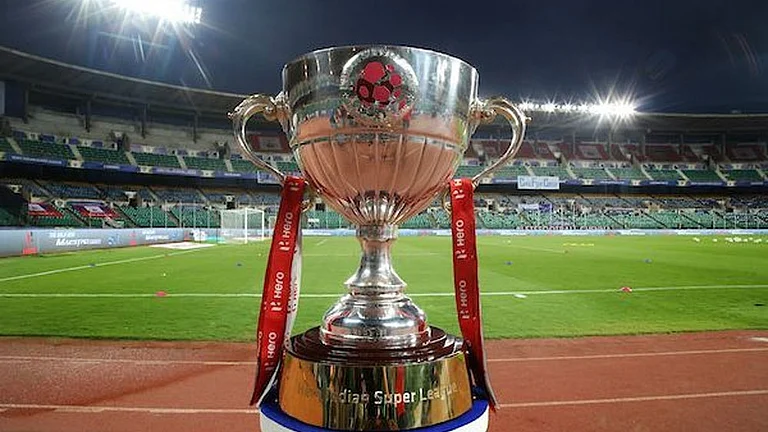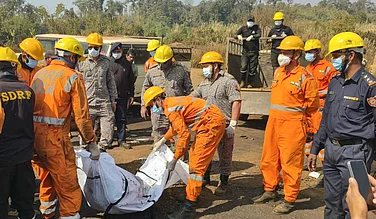Mat ro bacche
Tere aangan mein
Murda suraj nebla ke gaya hain
Chandrama dafna ke gaye hain
(Don't cry child
In your courtyard
They bathed the dead sun
And buried the moon
before leaving.)
- Faiz Ahmen Faiz, 'Falastini bacche ke liye lori' (A lullaby for Palestinian children)
A father rushing his child to the emergency room in Gaza, a mother waiting outside the hospital to hear the names of her children on the loudspeaker from the deceased announcement, kids caught in the bombardment screaming in pain while covered in blood, a man breaking down while wrapping the lifeless body of his lost child in a white cloth, people struggling to find their loved ones from the concrete and twisted metal where residential towers once stood – these are some of the heartwrenching visuals that have gripped the internet over the past few days. Yet, the war rages between Israel and Hamas with all its military prowess raising the killings, murders and hostages.
While officials in Israel released images of children killed by Hamas since its attack, the toll of which is estimated to be around 800, stories of pale faces and tiny trembling hands from Gaza are going unheard. Of the 2,750 deaths reported in the enclave, more than 1,000 are children. Another 1,200 people, among them some 500 minors, are believed to be trapped under the rubble awaiting rescue, or recovery, Gazan health authorities have said.
In a viral video, a Palestinian child is seen recounting the terrifying moment Israeli bombs struck his neighbourhood in Nuseirat camp. "His head exploded, his brain was out," he says while talking about a kid he saw after the explosion.
"How can we live like this? This is not life!" he wailed.
Another viral video showed a Palestinian doctor while treating civilians in a hospital in Gaza, breaking down as he received the news of his wife and kids killed in an Israeli airstrike on their apartment building.
Meanwhile, hospitals have reached a breaking point with no more beds to accommodate the injuries and are also unable to heed Israeli demands to evacuate patients. Nearly 10,000 have been wounded since the fighting erupted. This is more than in the 2014 Gaza war which lasted over six weeks, making this the deadliest of the five Gaza wars for both sides.
“So many times medics say they hear victims scream but they cannot do anything about it," said Mohammed Abu Selmia, general director of Shifa Hospital, Gaza's biggest medical centre.
It is not only the deaths in a war that makes it a humanitarian crisis, but the effects of it that linger on for generations. Those surviving the constant bombardments are left suffering from the mental and emotional fallout of the years of violence they have witnessed.
According to a 2022 study by non-profit organisation Save The Children, four out of five children in Gaza say they are living with depression, grief and fear in the aftermath of the 15 years of blockade by Israel. A huge number of the surviving children go through panic attacks and suicidal thoughts.
The decision to cut electricity, water and fuel supplies has aggravated the situation in Gaza, which has already been under an Israeli siege for 16 years and has been condemned by the United Nations as a collective punishment.
In tough times like these, Abu Aish, who drives the ambulance, goes as far as he can to find life within the rubbles because even small successes bring a ray of hope. On Thursday, after airstrikes hit Jabaliya, Abu Aish found a mother hugging a small child under the rubble. The mother and the rest of the family had been killed in the collapsed building. But the child, a boy no more than 3 years old, was alive. Abu Aish pulled him out of there and took him to the ambulance. He was covered in dirt but completely healthy, he told the Associated Press.
“Those moments give me the will to carry on,” he said. "That's my work. I never want to let one child like that die.”


























